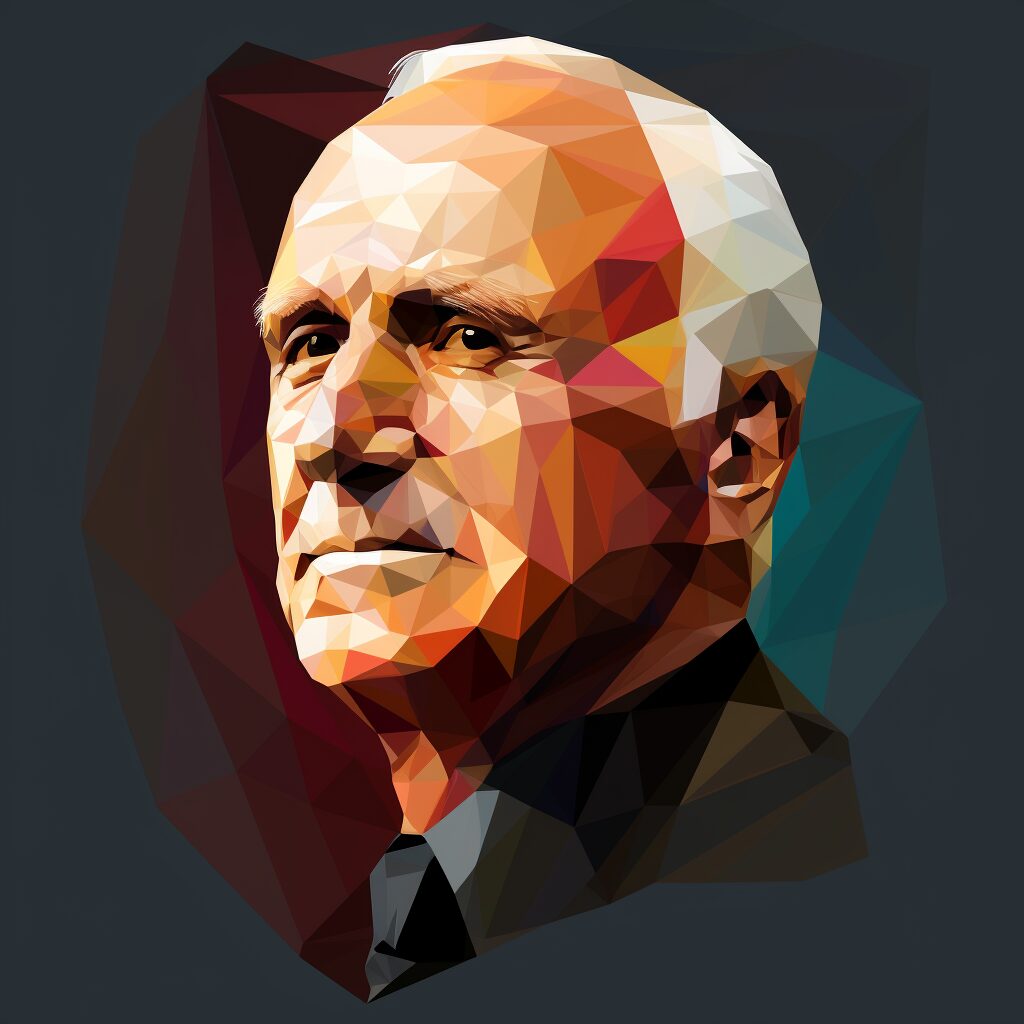'Orthodoxy' Quotes
Orthodoxy quotes refer to a collection of sayings, teachings, and beliefs that uphold traditional or conventional ideas and practices. These quotes have played a significant role in shaping the beliefs and values of individuals and society throughout history. They have been used to inspire and guide…Read More
Orthodoxy quotes refer to a collection of sayings, teachings, and beliefs that uphold traditional or conventional ideas and practices. These quotes have played a significant role in shaping the beliefs and values of individuals and society throughout history. They have been used to inspire and guide people in their personal and spiritual lives, as well as in their interactions with others. From religious texts to philosophical writings, orthodoxy quotes have influenced the thoughts and actions of famous figures such as Plato, Aristotle, and Saint Augustine. Even today, these quotes continue to hold relevance and inspire people to uphold traditional values and principles in a rapidly changing world.Read Less
Orthodoxy quotes refer to a collection of sayings, teachings, and beliefs that uphold traditional or conventional ideas and practices. These quotes have played a significant role in shaping the beliefs and values of individuals and society throughout history. They have been used to inspire and guide people in their personal and spiritual lives, as well as in their interactions with others. From religious texts to philosophical writings, orthodoxy quotes have influenced the thoughts and actions of famous figures such as Plato, Aristotle, and Saint Augustine. Even today, these quotes continue to hold relevance and inspire people to uphold traditional values and principles in a rapidly changing world.
18 Notable 'Orthodoxy' Quotations and Sayings
Orthodoxy – Symbolic Value
Orthodoxy is a term that holds great symbolic value in various contexts. Derived from the Greek word “orthodoxia,” meaning “right belief,” it refers to the adherence to traditional or established beliefs and practices. In quotes, orthodoxy is often used to represent the idea of conformity and the preservation of traditional values. It is a concept that has been deeply ingrained in religious, cultural, and societal contexts, and its symbolic value has evolved over time.
Orthodoxy – Cultural and Historical Significance
The concept of orthodoxy has a rich cultural and historical significance. In religious contexts, it refers to the adherence to the traditional teachings and doctrines of a particular faith. For example, in Christianity, orthodoxy is associated with the beliefs and practices of the Eastern Orthodox Church, which has a long history dating back to the early days of Christianity. In this sense, orthodoxy is seen as a way to preserve the purity and authenticity of religious beliefs.In addition to its religious significance, orthodoxy also holds cultural importance. It is often used to describe the preservation of cultural traditions and customs. In many societies, orthodoxy is seen as a way to maintain the identity and heritage of a particular group. For instance, in Japan, the concept of orthodoxy is closely tied to the preservation of traditional customs and rituals, such as the tea ceremony and the art of flower arrangement.
Orthodoxy – Common Themes in Motivational Contexts
Orthodoxy is also a common theme in motivational contexts. In quotes, it is often used to encourage individuals to conform to societal norms and expectations. This can be seen in phrases such as “stay true to your roots” or “don’t stray from the orthodox path.” In this sense, orthodoxy is portrayed as a source of stability and guidance, providing individuals with a sense of belonging and purpose.However, orthodoxy can also be used as a cautionary tale against blind conformity. In quotes such as “question the orthodox beliefs” or “break free from the orthodox mindset,” orthodoxy is portrayed as a hindrance to progress and individual growth. It highlights the importance of critical thinking and challenging traditional beliefs and practices.
Orthodoxy – Portrayal in Art and Media
The concept of orthodoxy has also been a popular subject in art and media. In literature, it is often used to explore the tension between tradition and modernity. For example, in George Orwell’s novel “1984,” the oppressive government is portrayed as enforcing strict orthodoxy to maintain control over the population. In film and television, orthodoxy is often used to depict the struggle between conformity and individuality, such as in the movie “Dead Poets Society” where a group of students challenges the orthodox beliefs of their strict school.
Orthodoxy – Impact on Understanding of Life and Society
The concept of orthodoxy has a significant impact on our understanding of life and society. It shapes our beliefs, values, and behaviors, and influences how we view the world. In some cases, orthodoxy can provide a sense of stability and continuity, but it can also limit our perspectives and hinder progress.In religious contexts, orthodoxy can lead to conflicts and divisions between different groups who hold different beliefs. It can also create a sense of superiority and exclusivity, leading to discrimination and intolerance towards those who do not conform to the orthodox beliefs.In conclusion, orthodoxy is a concept that holds great symbolic value and has a significant impact on various aspects of life. It represents the preservation of traditional beliefs and practices, but it can also be a source of tension and hindrance to progress. As with any concept, it is essential to critically examine and question orthodoxy to ensure that it does not become a barrier to individual growth and societal progress.












